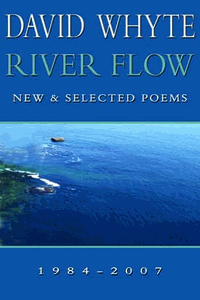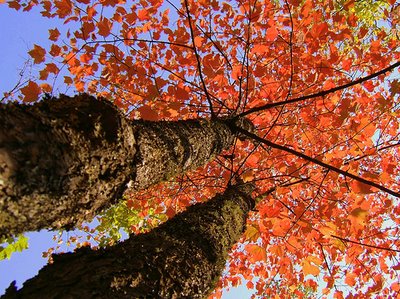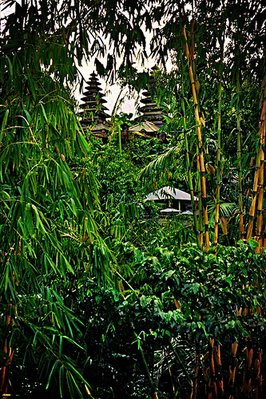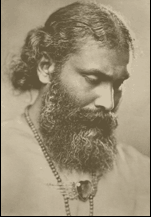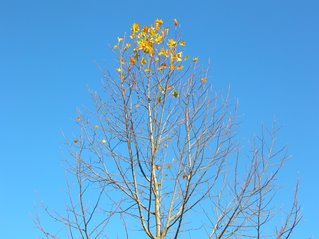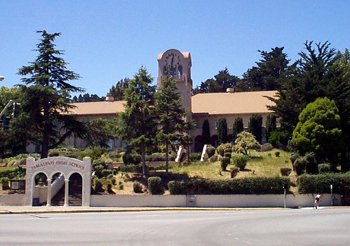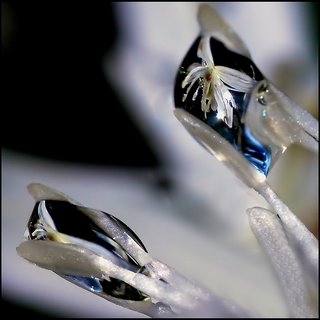1. My oldest boyfriend was (still is!) 30 years older than me. It was actually a pretty brief affair, and then we stayed friendly by letter. A few years later, after I was married, my husband and I got to visit with him and his lovely new wife when we were traveling through their part of the world. And then I got to reconnect with them again a couple of years ago after being out of touch for 15 years -- they are both still adorable.
One of the things I like best about being middle-aged is that there are friends you have loved for 20 or 30 or 40 years or more, and even if you have not seen them for many years there can still be such deep unchanged affection.
2. I have three sons, but usually I say that I have two, because our first little guy, Nadav, died at 12 weeks old of sudden infant death. While I am grateful to have had him for as long as we did, and am also grateful for my youngest who would not have been born without the loss of the first, and don't mind talking about him, I don't mention him much in public. My relationship with him continues in a very different form, a very interior form. His gradual appearance and swift disappearance from human form tenderized me forever and created the beginning of a gradual unfurling of the leaves of both my inner and outer life.
3. If it weren't poisonous, I would definitely be a smoker. I love the way smoke looks curling out of a cigarette, the drawing it in and blowing out. I don't actually even mind the smell so much, though my preferred cigarettes are filtered "kreteks" (Indonesian clove cigarettes) which have their own distinctive heavy-incense smell.
4. I have been to beautiful Indonesia, land of the kretek: after Robert and I got married we took almost all of our wedding gifts back to the stores, got money, and bought round-the-world tickets. We started in Los Angeles, spent a week in Hawaii, and then went to Asia for a year: Japan, China and Tibet, Hong Kong, Thailand, Malaysia, Indonesia, Burma, India and Nepal for from a few weeks to a few months in each country. Then about six more months spent partly on a kibbutz in the north of Israel, partly in Spain (my in-laws met us there for a whirlwind 4-star driving trip, so different from the way we'd been traveling! I hardly remember any of it, it was such a blur), then visiting friends in Paris and in London, and then back home.
5. The name I got from the Chinese side of my family (the other side being Japanese, by the way) is not our family's original name -- my grandfather bought the papers of someone named Lee to come to the US from China, but his family's name was really Kwan (or Quan depending on what system of transliteration you use). My husband's family changed their name, too, though only a generation before us -- his dad and uncles decided that "Eisikowitz" was too hard to spell (in fact I think I am spelling it wrong), and changed it to "Engel" (which hardly anyone spells correctly on the first try either!). If all that hadn't happened, instead of Lee-Engel, our last name would be Quan-Eisikowitz...has a different feel to it, doesn't it?
Here are some people I am very curious to know more about (curious, and not sure you will see this, so I am going to cheat and send you a note)(and please ignore this invitation if it doesn't sound fun to you): Andy, Meredith, Thomas, Jon. And Doug, I am curious to see what aspects of you would come through your very poetic style. And I am definitely looking forward to reading what Ashley will write! (already tagged by Chris)

